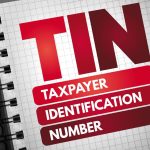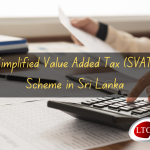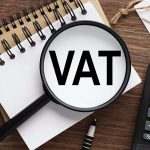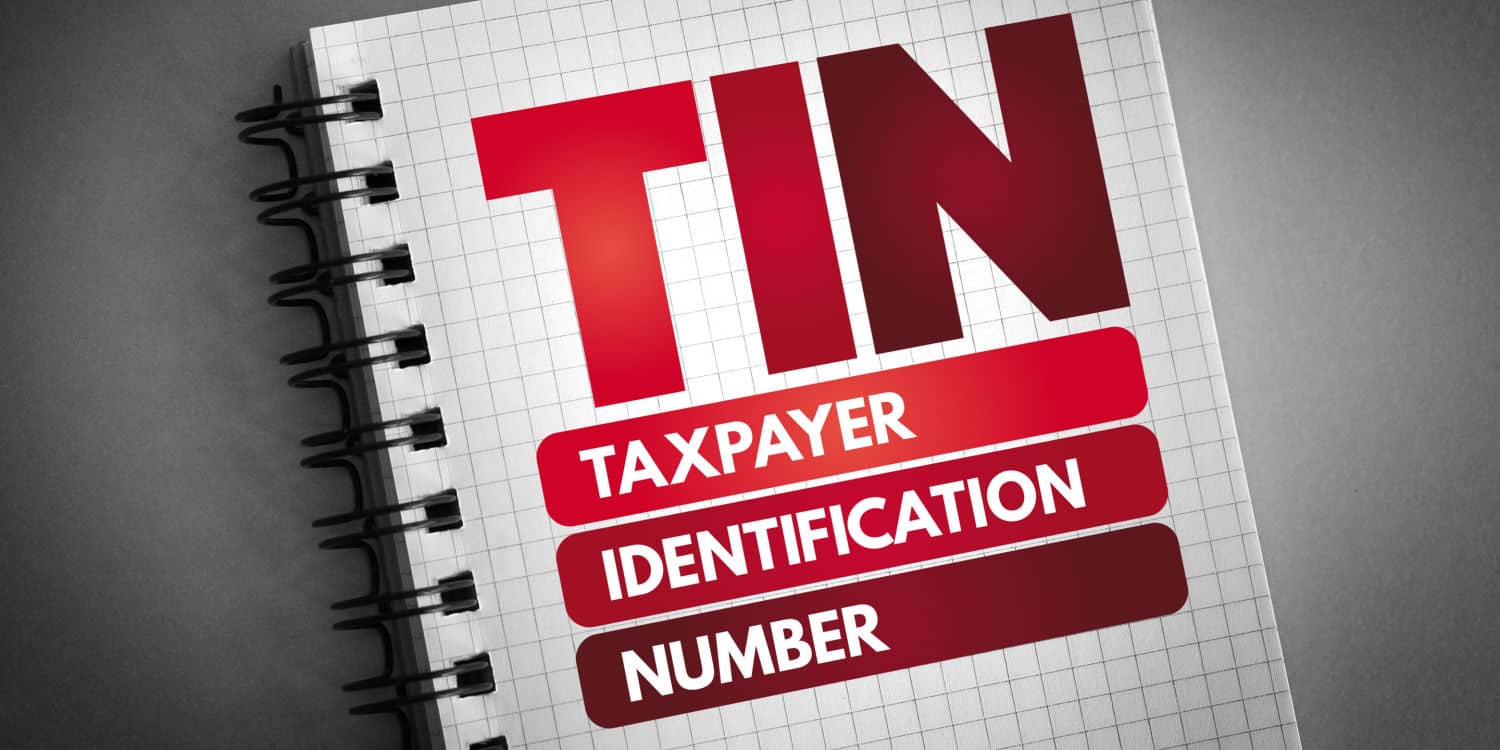Employment income is an essential component of taxation, representing the total gains and profits derived from an individual’s employment. This includes all remuneration received in cash or kind from an employer as compensation for services rendered. For the year of assessment (Y/A) 2023/2024 in Sri Lanka, employment income plays a pivotal role in calculating the assessable income for tax purposes.
The Inland Revenue Department (IRD) of Sri Lanka provides specific guidelines through circulars such as SEC/2023/E/01 and SEC/2023/E/02, which outline how employers and employees should handle employment income when calculating assessable income and applying Advance Personal Income Tax (APIT).
Key Elements of Employment Income
According to Circular SEC/2023/E/01, employment income consists of various forms of compensation including:
- Salary, wages, bonuses, and commissions: This encompasses regular payments made to employees for services rendered.
- Allowances and reimbursements: Personal allowances such as cost of living, travel, and subsistence fall under this category. Additionally, reimbursements for expenses incurred during the course of employment are considered part of employment income.
- Non-cash benefits: This includes benefits such as housing, company vehicles, and other perks provided to employees by their employers.
- Retirement contributions and payouts: Contributions to retirement funds by employers and the subsequent retirement payments also constitute employment income.
The circulars further elaborate that any form of payment made by an employer to an employee for services rendered or benefits derived from employment are liable to tax.
Calculating Assessable Income from Employment
To calculate assessable income from employment for the Y/A 2023/2024, several steps are involved:
- Identify Total Gains and Profits: According to the circulars, the first step is identifying all forms of gains and profits from employment, including salary, wages, bonuses, commissions, allowances, and benefits in kind.
- Apply Exemptions and Exclusions: Certain gains and profits from employment may be exempt from tax. For example, reimbursements for dental and health expenses, as well as certain retirement contributions, are not subject to tax as per the guidelines. These exemptions should be subtracted from the total gains and profits.
- Deduct Reliefs: For resident and non-resident but citizen employees, a relief of LKR 1,200,000 is granted per year. This relief should be applied when calculating the taxable portion of the employment income.
- Apply the Tax Tables: Employers are required to apply the appropriate tax tables when deducting APIT from an employee’s salary. For example, if an employee receives remuneration that exceeds LKR 100,000 per month or LKR 1,200,000 per year, APIT must be deducted as per the tax tables published by the Inland Revenue Department.
The Inland Revenue Department has provided detailed instructions for the application of these tax tables in Circular SEC/2023/E/01. It is crucial that employers follow these guidelines to ensure proper tax deductions.
Circular SEC/2023/E/02 – Quantification of Non-Cash Benefits
Circular SEC/2023/E/02 provides further clarity on how non-cash benefits, such as housing and vehicle use, should be quantified when calculating the assessable income of employees. For example, when a company provides an employee with housing, the value of this benefit is calculated as a percentage of the employee’s salary based on whether the house is in a rated or unrated area.
Similarly, when a company vehicle is provided for private use, the value of this benefit is quantified based on the type of vehicle and usage. The specified amounts are then added to the employee’s assessable income for the relevant month.
Download
Final Thoughts
Understanding how to calculate assessable income from employment is critical for both employees and employers in Sri Lanka. The guidelines issued by the Inland Revenue Department ensure that employment income is properly taxed, helping to maintain transparency and compliance with the country’s tax regulations. The guidelines outlined in Circulars SEC/2023/E/01 and SEC/2023/E/02 provide a comprehensive framework for determining what constitutes employment income, how it should be taxed, and how employers should deduct APIT.
For more detailed information on how to calculate assessable income from employment in Sri Lanka, watch my video here:

















